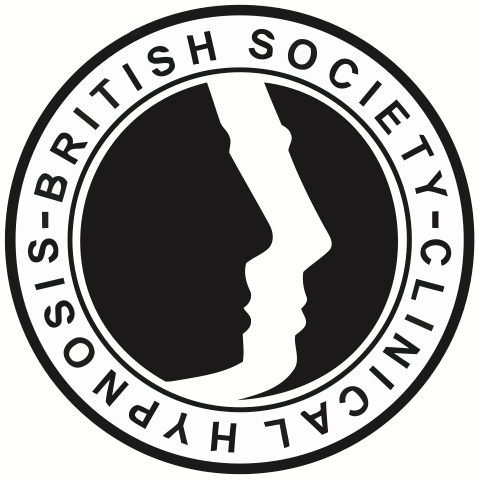You may not think about your breath very often, it happens automatically. Breath control however, can change your life. Breath is everything.
When you made your entrance into this world, everyone in the room held their breath until they were satisfied you had taken yours. Your first breath. That miracle moment you switched from taking in liquid to taking in air (oxygen, to be more precise); the most basic of autonomic functions, and something we usually take for granted. Immediately prior to your birth, your lungs were filled with fluid. They were not inflated.
Within ten seconds or so of your glorious arrival, you gasped for air as your central nervous system reacted to the sudden change in your environment. The fluid that had been in your lungs either drained or was absorbed from your respiratory system. Your lungs inflated and began working on their own, delivering oxygen to your bloodstream and removing carbon dioxide with each exhale. You were breathing a bit faster than you will do as an adult, taking pauses between breaths and most likely making the odd gruffly sound as you breathed in and out through your nose and mouth, but the interesting thing here is that you will have been using your belly to breath.
This is called abdominal breathing, and it is the most efficient and relaxed way of getting sufficient air into your lungs.

As you grow and develop, you will more than likely breathe into your upper chest. This way of breathing can place the body into emergency mode, triggering your ‘fight or flight’ response. Upper chest breathing is, of course, most useful in the event of danger or threat, as it produces the adrenaline and cortisol necessary for strength and speed. No surprise, then, that this breath is ideal in sport and competition, e.g. racing or sprinting, as it prepares the body for immediate action. However, if upper chest breathing becomes a regular pattern, the brain recognises low levels of carbon dioxide as being normal.
Consequently, the body exists in a state of constant high alert.
In times of extreme stress or panic, you may feel as though you will stop breathing. You could become dizzy, experience blurred vision or even faint, but unless you have shuffled off this mortal coil, you will continue to breathe, although very likely using less than 50 percent of your breathing capacity, at least in most cases.
You might have heard the terms ‘conscious breathing,’ ‘mindful breathing’ or ‘breathing manually,’ and of course “breath control” which all refer to breathing with focussed attention. It may seem a little strange to think of breathing in this way, or indeed to practise breathing in this way, but I suggest you try it. Begin by focussing on your breath. Notice if you are breathing into your chest or into your abdomen, in and out through your nose or your mouth. Notice if you are taking deep breaths or shallow breaths, and if you are breathing slowly or quickly.
Conscious breathing encourages you to breathe deeper and slower, and so delivers more oxygen to your cells and organs. This method of breathing calms your mind, allowing you to think more clearly, make better decisions, digest food better, heal faster and have a stronger immunity to disease. Conscious breathing also helps you to process thoughts, feelings and emotions more effectively.
Sages and gurus of old have always recognised the importance of using breath as a way to induce a state of relaxation and deep meditation. Pranayama is the name given to formal practise of controlling the breath, and this is at the heart of all yogic exercise. Prana is a Sanskrit word for the universal energy that circulates inside of us, and which can be developed and channelled through controlled breathing.
This above article is an excerpt from Health Wealth & Hypnosis ~ The way to a beautiful life by Gail Marra
You can buy your copy here: https://www.amazon.co.uk/Health-Wealth-Hypnosis-beautiful-life/dp/1913479234
Download your free audio “The one minute breath” https://gailmarrahypnotherapy.com/
Learn more about breathe control here; https://www.healthline.com/health/diaphragmatic-breathing








